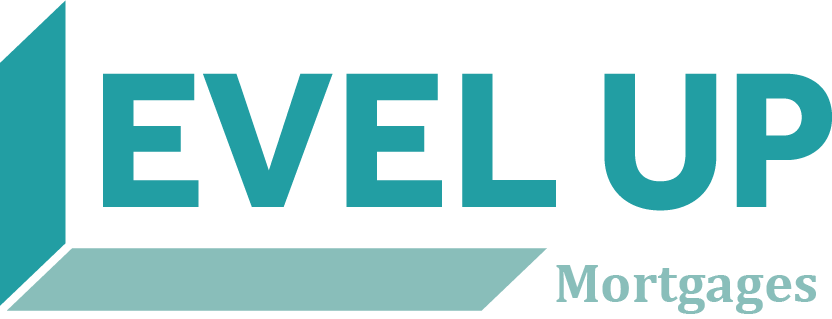U.S. Lumber and Furniture Tariffs Could Put Additional Pressure on Canadian Housing
Recent tariffs from the United States on Canadian lumber and finished wood products are set to create new challenges for the Canadian housing market. Rising material costs could impact home prices, slow new construction, and add uncertainty for mortgage professionals and homeowners alike.
New Tariffs and What They Cover
In October 2025, the U.S. implemented a new round of tariffs targeting Canadian softwood lumber and finished wood products. The measures include:
10% tariff on all imported softwood lumber and timber.
25% tariff on finished products such as kitchen cabinets, vanities, and certain upholstered furniture.
These tariffs are expected to increase further in 2026, adding to the already heavy financial burden imposed by previous U.S. trade measures. Canadian exporters currently face more than 45% in combined import duties, including anti-dumping and countervailing tariffs.
Industry groups in Canada have criticized the measures. The British Columbia Lumber Trade Council called the tariffs “misguided and unnecessary,” while the Canadian Forest Products Sector emphasized that Canadian wood products strengthen, rather than threaten, U.S. national security—a fact supported by decades of trade cooperation.
Impact on Canadian Housing and Construction
For Canadian builders and homeowners, the effect is direct and significant: higher material costs may lead to increased home prices and renovation expenses.
Kevin Lee, CEO of the Canadian Home Builders’ Association (CHBA), notes that Canada’s housing shortage may be even more severe than reported, with housing starts heavily skewed toward purpose-built rental projects. With construction costs rising due to tariffs, new home development could slow further, putting additional pressure on the already tight housing market.
The ripple effects are not limited to new builds. Higher lumber and furniture costs can also make renovations and remodeling more expensive, potentially impacting home equity and resale values.
Economic Implications and the Bank of Canada
Trade and export performance play a significant role in shaping Canada’s monetary policy. The Bank of Canada (BoC) monitors exports closely as an indicator for rate decisions. A recent 3% decline in export volumes for August highlights potential challenges for Canadian trade and may influence the BoC to keep rates low to support economic growth.
Lower interest rates make Canadian exports more competitive by reducing the value of the Canadian dollar, which can partially offset some of the tariff pressures. However, the broader impact of rising construction costs may still weigh heavily on housing affordability.
The Bigger Picture: Protectionism and Trade Trends
The new tariffs are part of a broader pattern of protectionist trade policies by the U.S., which have previously targeted steel, aluminum, and automotive components. For Canadian mortgage professionals and investors, this trend signals higher uncertainty in housing and construction markets.
The Canadian Chamber of Commerce estimates that tariffs on foreign construction materials have already increased the cost of building a U.S. single-family home by approximately US$6,000 since 2018. If current measures continue, this could rise by an additional US$14,000 by 2027.
What This Means for Homeowners and Mortgage Professionals
For those navigating the Canadian housing market, the implications are clear:
Higher building and renovation costs may impact affordability for buyers.
Slower construction timelines could limit new housing supply.
Increased market uncertainty may affect mortgage approvals, lending strategies, and investment decisions.
Mortgage professionals should prepare for these changes by adjusting their advice to clients, analyzing project costs carefully, and staying informed about ongoing trade developments.
BOTTOM LINE
Canada’s housing market is facing a complex mix of challenges—from affordability pressures and rising material costs to global trade dynamics. Staying informed and proactive will be key for homeowners, builders, and mortgage professionals alike.
Level Up Mortgages is a mortgage broker team focused on helping the self employed, new immigrants, non-residents, and investors, access best rate and alternative lending in Canada. We have been nominated for best up and coming broker in Canada in 2021 and have been on CTV News and various publications because of our education-first approach to helping you always stay a step ahead of the process. Reach out to us for access to our first-time buyer course or a mortgage strategy session.
See What You Qualify For Or Contact Paul To Get Your Pre-Approval.
Paul Davidescu (www.levelupmortgages.com)
Level Up Mortgages
604-809-3188
paul(at)levelupmortgages.com
See Our Google Reviews in BC & Ontario: bit.ly/GoogleReviewLUM ⭐️⭐️⭐️⭐️⭐️

